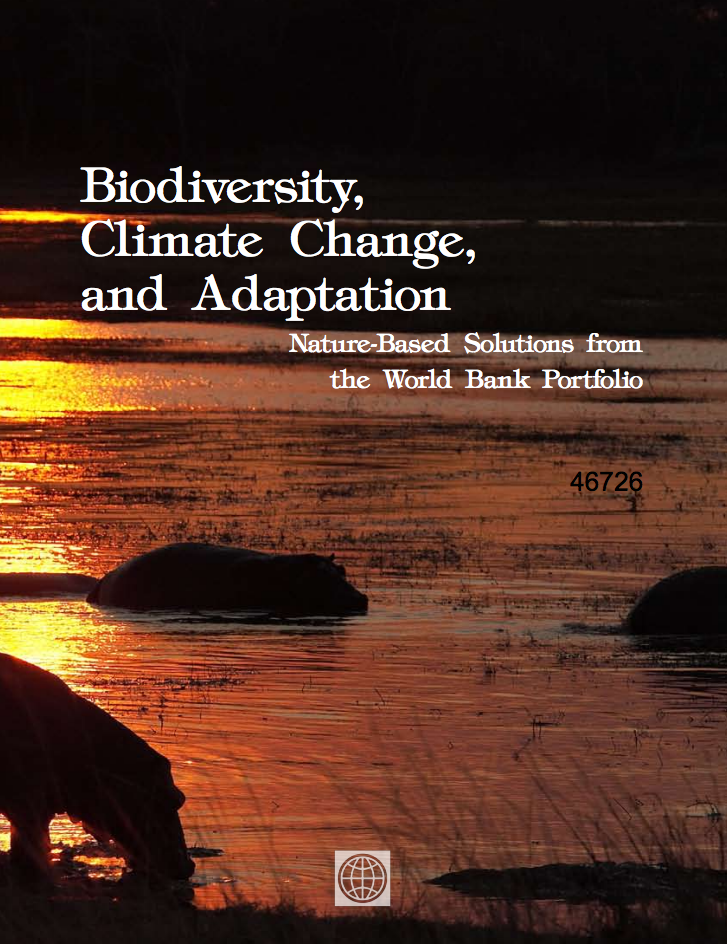Land to the Tillers of Myanmar
...with increasing frequency, land is taken from farmers, often with little or no compensation. Large swathes of farmland have already been made available to foreign-based companies in a process that appears to be accelerating. Government data show that the amount of land transferred to private companies increased by as much as 900 percent from the mid-1990s to mid-2000s and now totals roughly 5 percent of Myanmar’s agricultural land...




